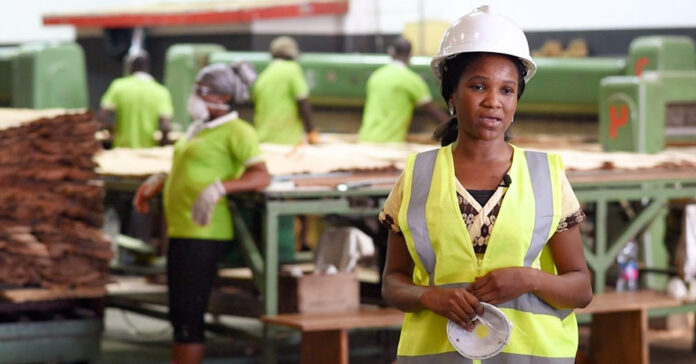|
Getting your Trinity Audio player ready...
|
Data from the first quarter of the 2022 annual household income and expenditure survey (AHIES) indicates that among paid workers, women earned 34.2% less than men, the Ghana Statistical Service (GSS) said.
The estimated gender wage gap adjusts for age, approximate years of work experience, highest level of education attended, main occupation, industry, employment sector, and region of residence.
The gender wage gap is lowest among paid workers with tertiary education or more where women earn 12.7% less than their male counterparts.
International Equal Pay Day is commemorated annually on 18 September to promote efforts towards the achievement of equal pay for work of equal value.
The wage gap is highest among workers with basic education (60.1%) followed by workers with no education (54.0%).
When comparing sectors of employment, the gender wage gap is highest in the private informal sector where women are paid 58.7% less than men. This is followed by the private formal sector with a wage gap of 29.9%.
The public sector, where women are paid 10.5% less than men has the lowest gender wage gap.
Among the population aged 36 to 60 years, women are paid 33.4% less than men, a wage differential almost 3.0 percentage points higher than for the age group 15 to 35 years where women were paid 30.7% less than their male counterparts.
Source: Daily Mail GH





